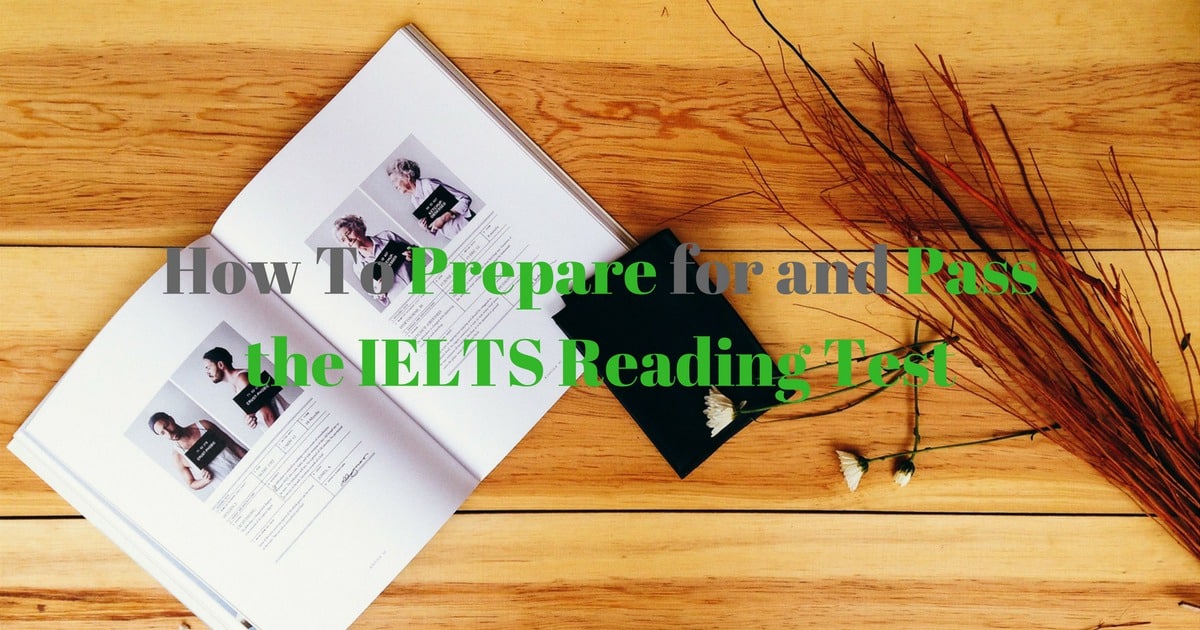English Listening Practice [Do Schools Kill Creativity? – TED Talks]
10 minutes of English listening practice.
——————————————————————————————————————————————————————————————
10:21 (Laughter)
10:27 Don’t they? It’s a way of getting their heads to meetings.
10:30(Laughter)
10:36 If you want real evidence of out-of-body experiences, get yourself along to a residential conference of senior academics, and pop into the discotheque on the final night.
10:45 (Laughter)
10:48 And there, you will see it. Grown men and women writhing uncontrollably, off the beat.
10:54 (Laughter)
10:56 Waiting until it ends so they can go home and write a paper about it.
11:00 (Laughter)
11:02 Our education system is predicated on the idea of academic ability. And there’s a reason. Around the world, there were no public systems of education, really, before the 19th century. They all came into being to meet the needs of industrialism. So the hierarchy is rooted on two ideas.
11:18 Number one, that the most useful subjects for work are at the top. So you were probably steered benignly away from things at school when you were a kid, things you liked, on the grounds that you would never get a job doing that. Is that right? Don’t do music, you’re not going to be a musician; don’t do art, you won’t be an artist. Benign advice — now, profoundly mistaken. The whole world is engulfed in a revolution.
11:41 And the second is academic ability, which has really come to dominate our view of intelligence, because the universities designed the system in their image. If you think of it, the whole system of public education around the world is a protracted process of university entrance. And the consequence is that many highly-talented, brilliant, creative people think they’re not, because the thing they were good at at school wasn’t valued, or was actually stigmatized. And I think we can’t afford to go on that way.
12:06 In the next 30 years, according to UNESCO, more people worldwide will be graduating through education than since the beginning of history. More people, and it’s the combination of all the things we’ve talked about — technology and its transformation effect on work, and demography and the huge explosion in population.
12:23Suddenly, degrees aren’t worth anything. Isn’t that true? When I was a student, if you had a degree, you had a job. If you didn’t have a job, it’s because you didn’t want one. And I didn’t want one, frankly. (Laughter) But now kids with degrees are often heading home to carry on playing video games because you need an MA where the previous job required a BA, and now you need a PhD for the other. It’s a process of academic inflation. And it indicates the whole structure of education is shifting beneath our feet. We need to radically rethink our view of intelligence.
12:56 We know three things about intelligence. One, it’s diverse. We think about the world in all the ways that we experience it. We think visually, we think in sound, we think kinesthetically. We think in abstract terms, we think in movement. Secondly, intelligence is dynamic. If you look at the interactions of a human brain, as we heard yesterday from a number of presentations, intelligence is wonderfully interactive. The brain isn’t divided into compartments. In fact, creativity — which I define as the process of having original ideas that have value — more often than not comes about through the interaction of different disciplinary ways of seeing things.
13:33 By the way, there’s a shaft of nerves that joins the two halves of the brain called the corpus callosum. It’s thicker in women. Following off from Helen yesterday, this is probably why women are better at multi-tasking. Because you are, aren’t you? There’s a raft of research, but I know it from my personal life. If my wife is cooking a meal at home — which is not often, thankfully.
13:56 (Laughter)
13:58 No, she’s good at some things, but if she’s cooking, she’s dealing with people on the phone, she’s talking to the kids, she’s painting the ceiling, she’s doing open-heart surgery over here. If I’m cooking, the door is shut, the kids are out, the phone’s on the hook, if she comes in I get annoyed. I say, “Terry, please, I’m trying to fry an egg in here.”
14:18 (Laughter)
14:25 “Give me a break.”
14:26 (Laughter)
14:28 Actually, do you know that old philosophical thing, if a tree falls in a forest and nobody hears it, did it happen? Remember that old chestnut? I saw a great t-shirt recently, which said, “If a man speaks his mind in a forest, and no woman hears him, is he still wrong?”
14:43 (Laughter)
14:50 And the third thing about intelligence is, it’s distinct. I’m doing a new book at the moment called “Epiphany,” which is based on a series of interviews with people about how they discovered their talent.I’m fascinated by how people got to be there. It’s really prompted by a conversation I had with a wonderful woman who maybe most people have never heard of, Gillian Lynne. Have you heard of her? Some have. She’s a choreographer, and everybody knows her work. She did “Cats” and “Phantom of the Opera.” She’s wonderful. I used to be on the board of The Royal Ballet, as you can see. Anyway, Gillian and I had lunch one day and I said, “How did you get to be a dancer?” It was interesting. When she was at school, she was really hopeless. And the school, in the ’30s, wrote to her parents and said, “We think Gillian has a learning disorder.” She couldn’t concentrate; she was fidgeting. I think now they’d say she had ADHD. Wouldn’t you? But this was the 1930s, and ADHD hadn’t been invented at this point. It wasn’t an available condition.
15:46 (Laughter)
15:48 People weren’t aware they could have that.
15:50 (Laughter)
15:53 Anyway, she went to see this specialist. So, this oak-paneled room, and she was there with her mother, and she was led and sat on this chair at the end, and she sat on her hands for 20 minutes while this man talked to her mother about the problems Gillian was having at school. Because she was disturbing people; her homework was always late; and so on, little kid of eight. In the end, the doctor went and sat next to Gillian, and said, “I’ve listened to all these things your mother’s told me, I need to speak to her privately. Wait here. We’ll be back; we won’t be very long,” and they went and left her.
16:26 But as they went out of the room, he turned on the radio that was sitting on his desk. And when they got out, he said to her mother, “Just stand and watch her.” And the minute they left the room, she was on her feet, moving to the music. And they watched for a few minutes and he turned to her mother and said, “Mrs. Lynne, Gillian isn’t sick; she’s a dancer. Take her to a dance school.”
16:50 I said, “What happened?” She said, “She did. I can’t tell you how wonderful it was. We walked into this room and it was full of people like me. People who couldn’t sit still. People who had to move to think.” Who had to move to think. They did ballet, they did tap, jazz; they did modern; they did contemporary.She was eventually auditioned for the Royal Ballet School; she became a soloist; she had a wonderful career at the Royal Ballet. She eventually graduated from the Royal Ballet School, founded the Gillian Lynne Dance Company, met Andrew Lloyd Webber. She’s been responsible for some of the most successful musical theater productions in history, she’s given pleasure to millions, and she’s a multi-millionaire. Somebody else might have put her on medication and told her to calm down.
17:32 (Applause)
17:39 What I think it comes to is this: Al Gore spoke the other night about ecology and the revolution that was triggered by Rachel Carson. I believe our only hope for the future is to adopt a new conception of human ecology, one in which we start to reconstitute our conception of the richness of human capacity. Our education system has mined our minds in the way that we strip-mine the earth: for a particular commodity. And for the future, it won’t serve us. We have to rethink the fundamental principles on which we’re educating our children.
18:13 There was a wonderful quote by Jonas Salk, who said, “If all the insects were to disappear from the Earth, within 50 years all life on Earth would end. If all human beings disappeared from the Earth, within 50 years all forms of life would flourish.” And he’s right.
18:33 What TED celebrates is the gift of the human imagination. We have to be careful now that we use this gift wisely and that we avert some of the scenarios that we’ve talked about. And the only way we’ll do it is by seeing our creative capacities for the richness they are and seeing our children for the hope that they are.And our task is to educate their whole being, so they can face this future. By the way — we may not see this future, but they will. And our job is to help them make something of it.
19:04 Thank you very much.
19:05 (Applause)
![English Listening Practice [Do Schools Kill Creativity? - TED Talks] 1](https://www.fluentland.com/wp-content/uploads/2016/04/English-Listening-Practice.jpg)


![Practice English Listening with Songs [Selena Gomez – Good For You] Practice English Listening with Songs [Selena Gomez – Good For You]](https://www.fluentland.com/wp-content/uploads/2017/06/asdf.jpg)